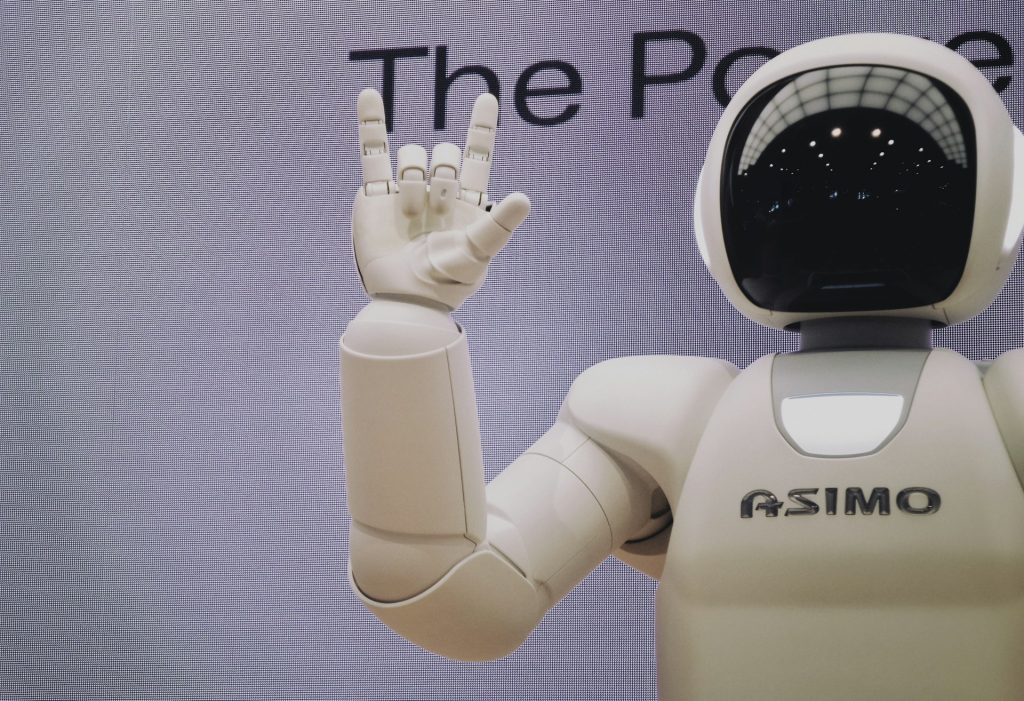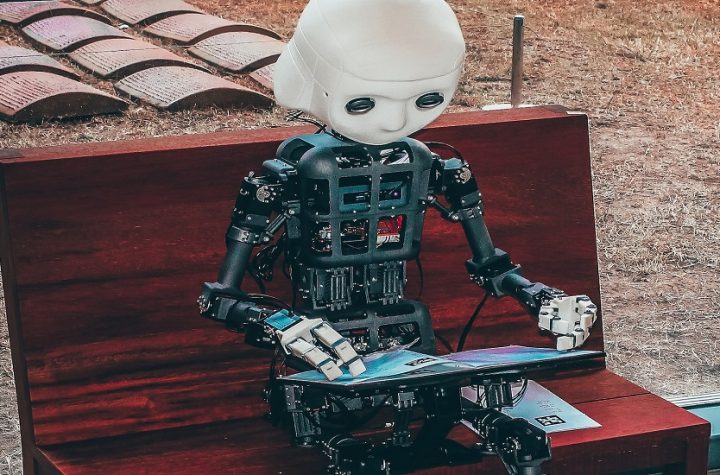
Pic Courtesy - UnSplash
In today’s fast-paced corporate world, sustainability is more than just a buzzword; it is a requirement. With the oncoming climate crisis and rising environmental concerns, businesses are under increasing pressure to decrease their environmental impact and operate more socially responsibly. Fortunately, artificial intelligence (AI) is developing as a potent tool for helping businesses achieve these objectives. In this blog, we’ll look at how AI-powered tactics are revolutionizing all elements of corporate operations, ultimately leading to a more sustainable future.
We will look into five critical areas, supported by real-world case studies, where AI is making an impact.
1. Increased Energy Efficiency:
Energy use has a huge impact on a company’s carbon footprint. To overcome this, businesses are turning to artificial intelligence (AI) to optimize their energy consumption. Google’s DeepMind is a convincing example of AI being used to manage data center cooling systems. DeepMind’s AI cut energy consumption by 30% through massive data analysis and real-time adjustments. This reduction reduced both operational expenses and the environmental effect of these energy-intensive facilities. The HVAC industry has implemented AI-powered solutions to improve energy efficiency in building climate control.
Case Study : Companies such as Siemens use AI algorithms to estimate heating and cooling needs, ensuring that energy is used more efficiently while maintaining comfort. These inventions demonstrate how artificial intelligence may greatly improve energy efficiency, which is a key component of sustainable business operations.
2. Facilitates Waste Reduction:
Waste reduction is another critical aspect of sustainable company strategies. AI-powered analytics enable organizations to reduce waste through more precise inventory management and predictive maintenance. One of the better examples is Walmart, which uses artificial intelligence to enhance its supply chain. By precisely anticipating demand and eliminating overstocking, they have considerably reduced food waste in their stores. Another area where AI excels in waste reduction is recycling
Case Study : AMP Robotics created a robotic system that uses computer vision and machine learning to sort recyclables from trash streams with exceptional accuracy. By automating this process, they help to enhance recycling rates and prevent contamination of recycling streams, which is a major issue in the business.
3. Aids in Sustainable Supply Chain Management:
Artificial intelligence is transforming supply chain management by allowing firms to make more sustainable decisions. Consider the fashion sector, which is known for its environmental impact. H&M, a global fashion store, employs artificial intelligence to evaluate sales data, social media trends, and weather data in order to make more informed production and distribution decisions. This has resulted in significant reductions in overproduction and waste, as well as alignment with customer preferences. Additionally, blockchain technology, frequently combined with AI, has been used to improve supply chain transparency.
Case Study : IBM’s Food Trust, which is driven by blockchain and AI, enables consumers to track the origin of their food from farm to table. This level of transparency not only reassures consumers about ethical and ecological methods, but it also allows producers to detect inefficiencies and waste in the supply chain.
3. Automates Tasks To Reduce Time Consumption:
Time is money, as the saying goes, but it’s also a valuable resource when it comes to sustainability. AI can automate repetitive, time-consuming processes, allowing employees to focus on more strategic and value-added activities. AI-powered chatbots such as Ada Health help with basic patient assessments, saving healthcare personnel time on common inquiries. This not only increases efficiency, but also enables healthcare providers to devote more time to important patient care. Similarly, AI-driven automation in manufacturing has altered sectors by cutting production time while improving quality and precision.
Case Study : Tesla’s Gigafactories, where AI-powered robots conduct precise tasks on assembly lines, are a prime illustration of how automation speeds up production while maintaining sustainability through the creation of electric automobiles.
4. Reduces Errors To Avoid Re-Work:
Errors cost money and have a negative influence on the environment. Artificial intelligence is rapidly being employed to lessen the chance of errors in a variety of businesses. In the financial sector, robo-advisors such as Betterment employ artificial intelligence to handle investment portfolios with less chance of human error. This not only results in more successful investments, but it also minimizes the environmental impact of frequent trading.
Precision farming enabled by AI enables farmers to make data-driven decisions about planting, irrigation, and pest control. As a result, the agricultural system becomes more efficient and environmentally friendly, using less water, pesticides, and other resources.
Case Study : Ford Motor Company has introduced an AI-powered quality control system that analyzes photos and detects potential problems in real time. Cameras are strategically placed throughout the production line to capture photographs of automotive parts in various stages of assembly. The AI system examines these photos, compares them to pre-defined models of flawless parts, and indicates any discrepancies that may signal a fault.
In conclusion, the use of AI-driven business strategies has a revolutionary impact on sustainability initiatives. AI is having a significant impact in a variety of sectors, including improved energy efficiency, waste reduction, sustainable supply chain management, work automation, and mistake reduction. Real-life examples, such as those offered in this blog, demonstrate that AI-driven solutions are not only advantageous to businesses, but also critical in addressing the urgent need for sustainability in our fast changing world. Companies that use AI can reduce their environmental impact, increase efficiency, and contribute to a more sustainable and responsible future.







1 thought on “Harnessing the Power of AI for Sustainable Business Practices”